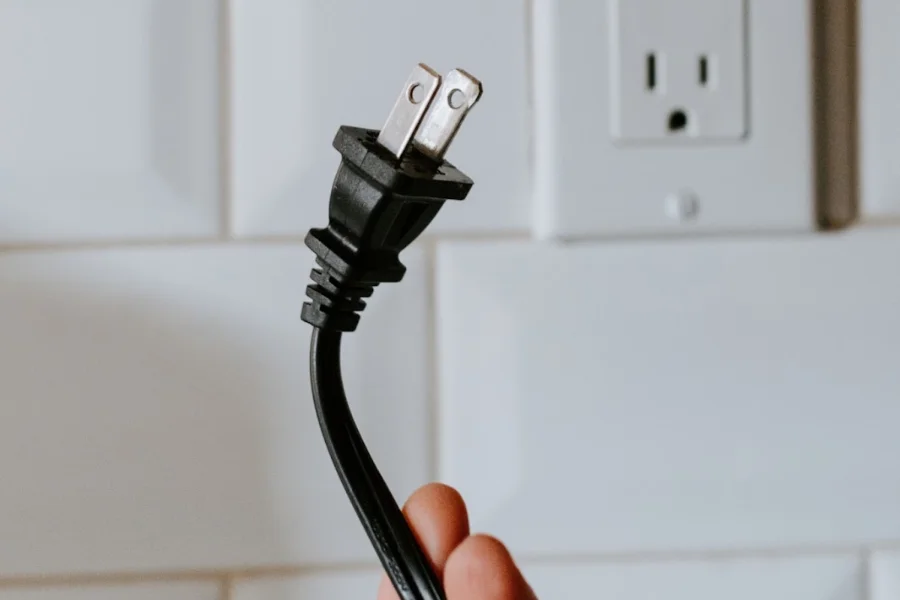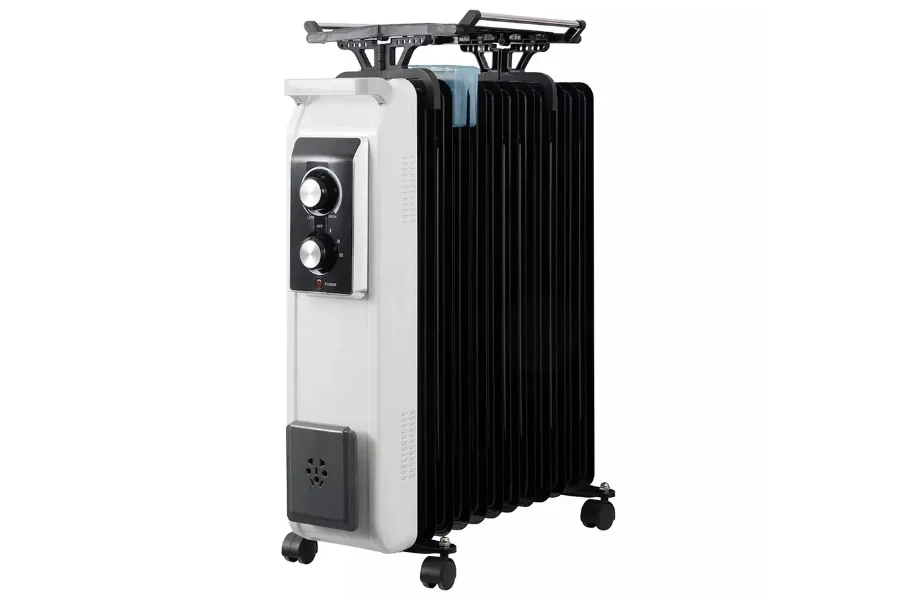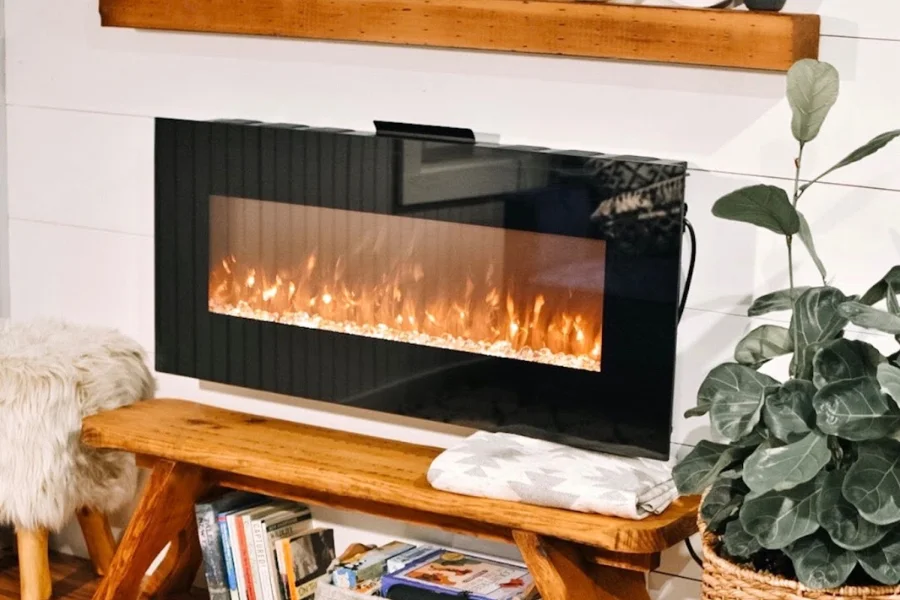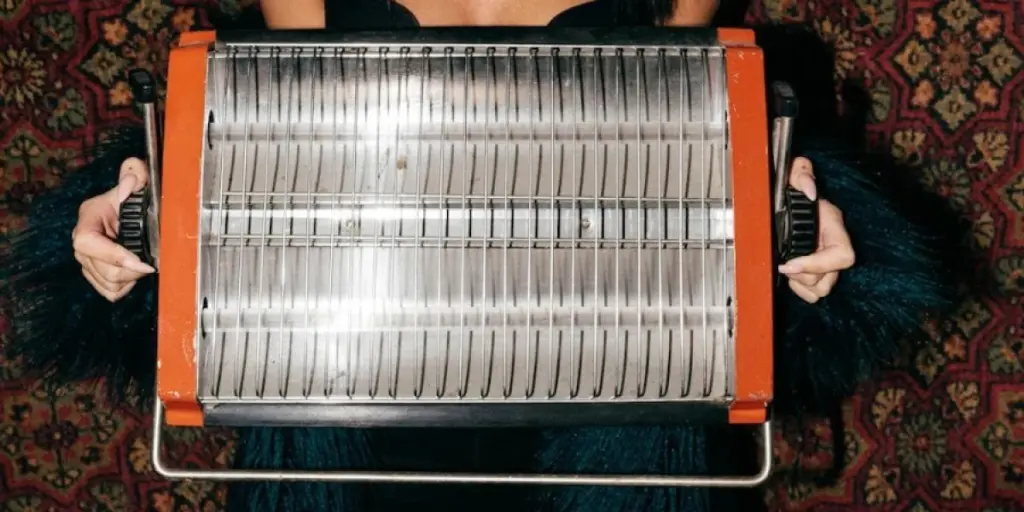If you rely on a portable heater for supplemental heat, it’s important to make space heater safety a priority. Following are tips for safe space-heater operation, along with safety features to look for when choosing a space heater.
Table of Contents
Risks of using space heaters
Space heater safety features
Safety tips for using a space heater
Can you leave a space heater on overnight?
The safest space heater — oil-filled radiator
Other great space heaters
Risks of using space heaters
While many people rely on space heaters to keep them warm during the winter months, they pose a safety risk no matter how or where you use them. According to the Consumer Product Safety Commission, portable space heaters are responsible for approximately 1,700 house fires annually, resulting in about 80 deaths.
Despite the risks associated with space heaters, people continue to use them. The Global Space Heaters Market is expected to grow by US $1.87 billion between 2022 and 2026, accelerating at a compound annual growth rate (CAGR) of 4.5%. The increasing demand for highly efficient, energy-saving, and safe domestic heating appliances is a market trend that is expected to have a positive impact in the coming years.
Space heater safety features
When purchasing a space heater, there are some safety features to look out for that can help mitigate risk.
Certification
Ensure the heater has a safety certification. This label should come from an independent testing organization, such as the UL mark, the ETL label from Intertek, or the accreditation from CSA International.
Shut-off features
Every space heater should have shut-off features that disable it if it overheats or gets tipped over. A tip-over or tilt-over switch ensures that the unit shuts off automatically if it is tipped over. Overheat protection detects and shuts off the unit when the temperature reaches dangerous levels.
Sturdy cords
Connect your space heater to the outlet directly. Most come with a cord that’s approximately 6 feet long, which in most cases, should be sufficient. Using an extension cord is not recommended when dealing with an electric heater.

Safety tips for using a space heater
Even the safest portable space heater can cause significant damage under enabling conditions. So, although most space heaters are now safer than they used to be, you still need to exercise caution when using them. But, of course, exercising caution is easier said than done. Therefore, below are safe ways to heat a room without endangering yourself with the heater.
Leave it on the floor
You might feel that putting a heater on your desk is the best way to stay warm, but keeping your heater on the floor is always safest.
Keep it away from water
We all know electricity and water don’t mix, so never have your space heater near a water source. That means never taking your heater into the bathroom.
Remove flammable objects
- Keep the space heater a minimum of 3 feet away from flammable materials, such as furniture, bedding, and curtains. Note: a taller heater may need to be even further away.
- Don’t use a space heater in a work area near paint, gas cans, or matches.
Plug it directly into a wall outlet
Added connections can lead to overheating, so plug the space heater directly into the wall outlet. Make sure to check the cord periodically for damage.
Unplug when not in use
To avoid accidents while the heater isn’t monitored, unplug it directly from the wall while away.
Can you leave a space heater on overnight?
Generally, no. It’s not a good idea to leave space heaters on for long periods or leave them unattended, which would include sleeping.
Rather than using the space heater overnight, consider using a heater right up until bedtime and turning it off when it’s time for sleep. Or, consider a heated blanket or sleeping pad.
If you use a space heater overnight, follow all the safety tips listed above. Also, ensure that it’s far enough away from the bed and any other combustible materials and that all smoke and carbon monoxide detectors are in working order. These detectors should be installed on every floor of the house and in the sleeping area.

The safest space heater — oil-filled radiator
Oil-filled radiators are the safest space heaters.
Most space heater accidents are caused by exposed heating elements getting hot enough to burn things. With an oil-filled radiator, the heating element is encased in a metal body and encased in oil. This means that the metal body of the heater and the oil cover the heating element, which makes it impossible to touch.
Because oil-filled space heaters distribute the heat over a large surface, everything stays safe to touch.
Additionally, oil-filled heaters don’t use burning fuels like propane or diesel to produce the heat. Instead, they rely on basic electricity that heats a heating element which heats the oil inside the heater.
The oil in oil heaters is also very safe for heating. The oil does two things:
- It stores heat: It heats up slowly and cools down slowly because the heating element first needs to heat the oil.
- It keeps internal pressure stable: Engineers determined it was best to use oil in heaters because it has a high boiling point. The oil stays liquid while it’s heating and doesn’t increase the pressure on the metal case. If you used water instead of oil, for example, the heater would be much more likely to explode because water evaporates and builds pressure.
Other great space heaters
If you aren’t planning to use your space heater overnight, you don’t have kids or pets that could cause accidents and can easily follow the safety tips outlined above; you may not need the safest space heater out there. Over the last number of years, space heaters, in general, have become safer.
Electric heaters are the option that most people choose. Electric heaters even now have additional features like being rechargeable and portable (remember to keep them a safe distance from combustible materials). Other types of heaters include infrared and propane/butane. Note that propane or butane heaters are often used for outdoor heating (for example, on a patio or while camping).

Another excellent option for keeping a space warm is a wall-mounted electric fireplace.
Electric fireplaces are great heating alternatives for those with allergies or sinus issues. There’s no forced air mechanism to blast dust and other allergen particles, so the air quality inside your home will be much better. There are also no dangerous fumes or gas leaks to worry about with electric fireplaces.




